What is a Spray Dryer?
A spray dryer is a type of industrial dryer used to transform a liquid feed (solution, suspension, or slurry) into a dry powder in a single, continuous step. It is one of the most widely used drying technologies in the food, pharmaceutical, chemical, and material industries.
How It Works
Feed Preparation – A liquid or slurry is pumped into the spray dryer.
Atomization – The liquid is sprayed into fine droplets through a nozzle or rotary atomizer.
Hot Air Contact – Hot air is introduced into the drying chamber, rapidly evaporating moisture from the droplets.
Powder Collection – The dried fine particles are separated and collected, usually through a cyclone or bag filter, while the exhaust air is removed.
Key Features & Advantages:
Fast Drying – Liquid to powder in seconds.
Uniform Product – Produces powders with consistent particle size.
Heat-Sensitive Materials – Suitable for products that cannot withstand long heating times (e.g., milk powder, enzymes, flavors).
Scalability – Can handle both small lab batches and large-scale industrial production.
Your Professional Spray DryerManufacturer in China
When it comes to reliable, high-performance drying systems, Bosiway stands out as your ideal partner. Here are four key reasons why you should choose us as your vacuum harrow dryer Manufacturer:
- Industry-Leading Expertise
With over 20 years of experience, Bosiway delivers customized Dryers designed for efficiency and reliability across diverse industries.
- Cutting-Edge Technology & Innovation
Our patented designs and cutting-edge heat transfer systems ensure optimal performance, low energy consumption, and consistent product quality.
- Competitive Pricing with Global Standards
As a leading Chinese manufacturer, we provide high-quality Dryers at affordable prices while meeting global standards.
- Full After-Sales Support
Enjoy 24/7 technical support, training, and maintenance services to keep your system running smoothly for years.




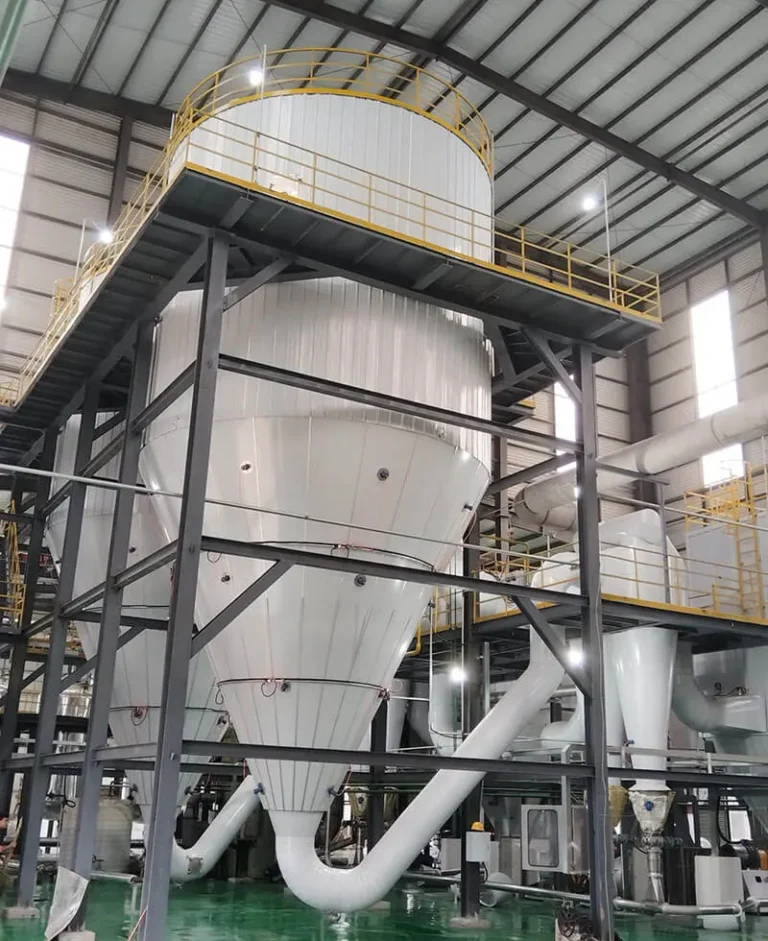
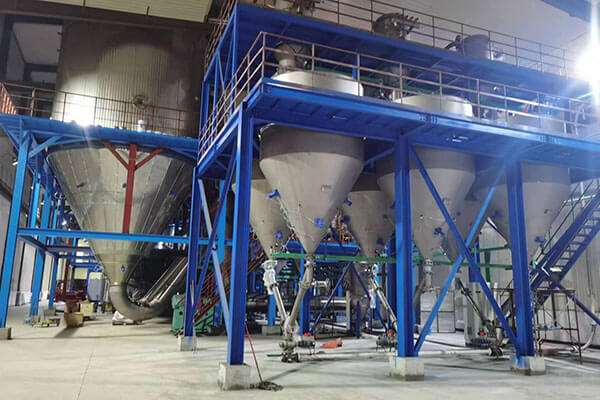


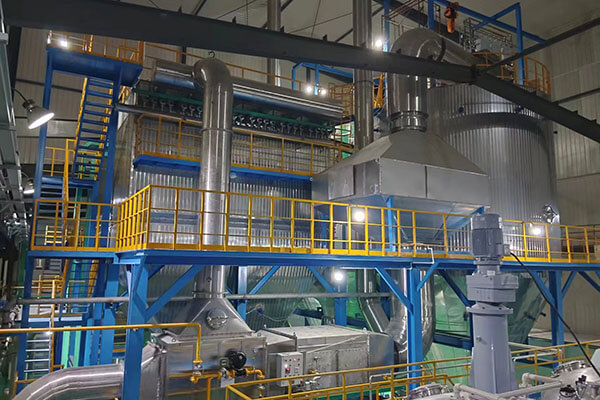
Our Services Always Go Extra Mile
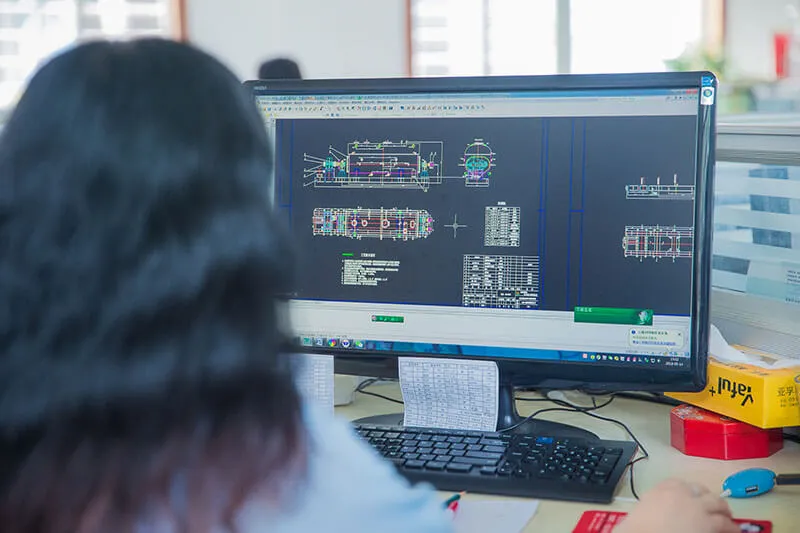
Committed to Your Success
At Bosiway, we believe in building lasting partnerships. Our commitment to excellence extends far beyond installation. With ongoing maintenance, custom solutions, and rapid response service, we ensure your systems are always running smoothly—no matter the challenge.
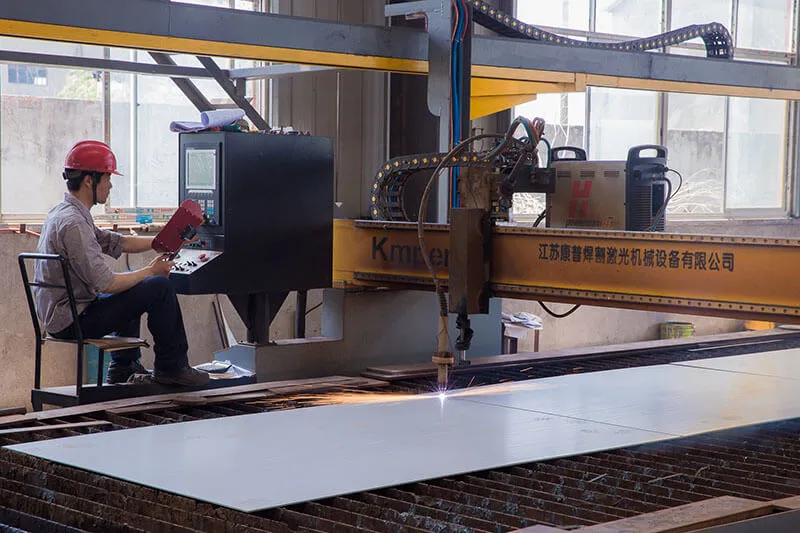
Full-Cycle Support, Anytime You Need It
At Bosiway, our services don’t stop at equipment delivery. We go the extra mile by providing comprehensive support, from custom system design to on-site training and 24/7 customer service. We’re with you every step of the way to ensure your system performs at its best.
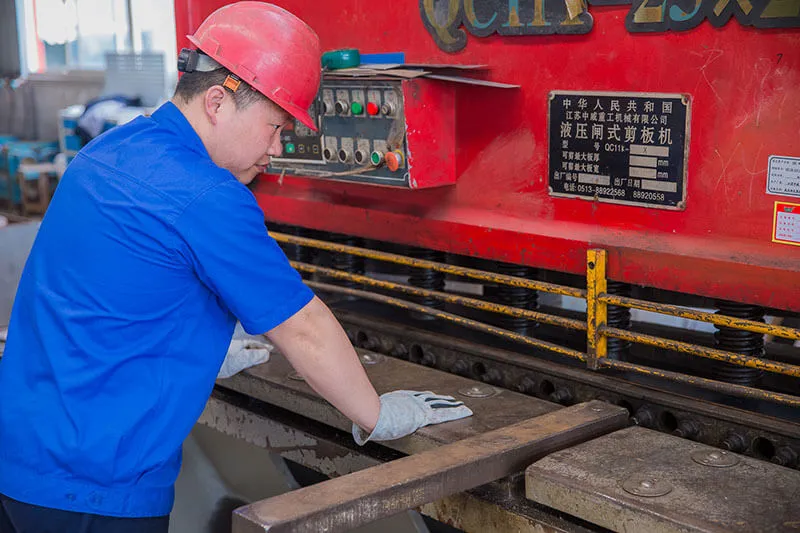
Your Long-Term Success Is Our Priority
We understand that great service is about more than just the initial sale. At Bosiway, our dedicated team provides tailored solutions, timely support, and proactive maintenance to guarantee your Paddle Dryer stays in peak condition, maximizing productivity and efficiency for years to come.
FAQs
A spray dryer is mainly used to convert liquid feeds such as solutions, suspensions, or slurries into dry powder form. It is widely applied in food, pharmaceutical, chemical, and material industries for products like milk powder, coffee, enzymes, flavors, ceramics, and polymers.
The liquid feed is atomized into fine droplets using a nozzle or rotary atomizer. Hot air is then introduced into the drying chamber, which quickly evaporates the moisture. The dried powder particles are separated and collected, while the exhaust air is removed.
Rapid drying in just seconds
Produces uniform particle size and moisture content
Suitable for heat-sensitive products
Scalable from lab research to large-scale industrial use
Spray dryers can be categorized by airflow pattern (cocurrent, countercurrent, or mixed flow) and atomization method (pressure nozzle or rotary atomizer). For specialized applications, closed-loop spray dryers using inert gas are also available.
Important factors include the nature of the feed (viscosity, solid content), desired powder properties (particle size, moisture, flowability), production capacity, and whether the material is heat-sensitive or solvent-based.